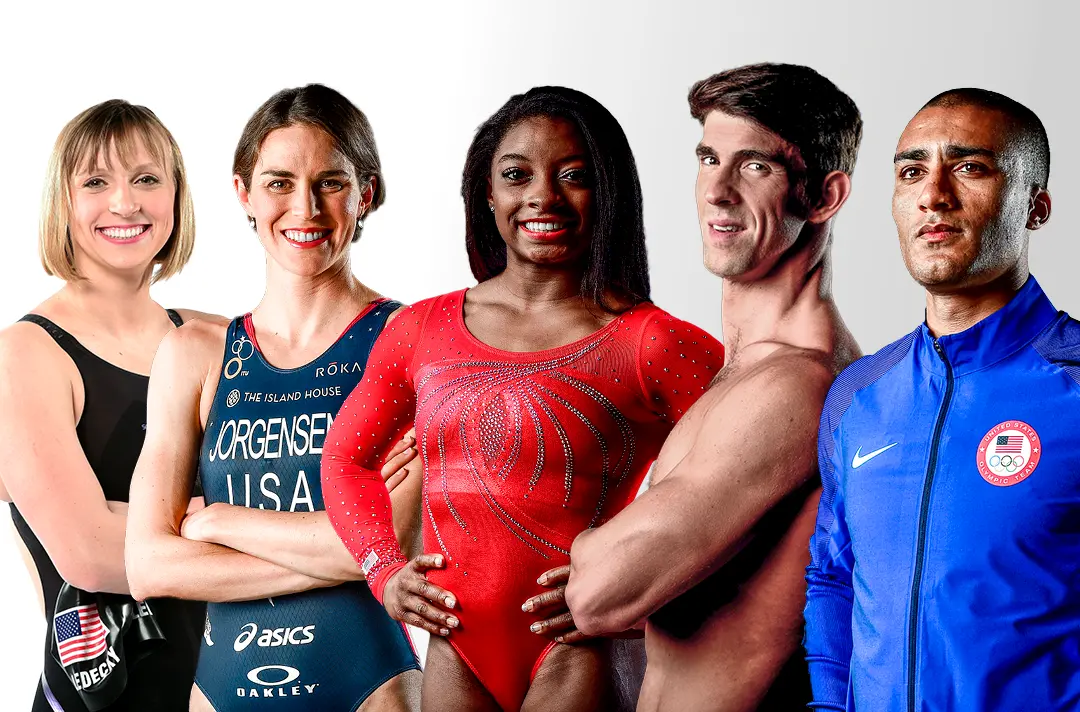Four years ago the Mets were a franchise in transition. Sandy Alderson was in his first year as general manager and was busy trying to rebuild the team with young players while jettisoning any older, overpaid veterans—without losing too many games in the process.
Fortunately for him, his predecessor, Omar Minaya, hadn’t set the bar too high. The Mets had made the playoffs just once during Minaya’s reign (2004–2010) and were coming off consecutive losing seasons, so it wasn’t like there was a dropoff in performance when they went 77–85 that first year (2011).
Yet Minaya did leave behind some talent to work with—namely David Wright, Carlos Beltrán, R.A. Dickey, and the soon-to-be free agent José Reyes.
Among his many moves his first year in New York, Alderson wisely dealt Beltrán to the Giants for minor league pitcher Zack Wheeler. He would eventually move Dickey the following offseason for then-prospects Noah Syndergaard and Travis D'Arnaud—right after Dickey won the Cy Young award—before signing David Wright to a long-term extension.
But Reyes was the toughest choice. While trading Beltrán and Dickey was excusable to the fanbase due to their ages (both in their mid-30s), the speedy Reyes was just 28 and would win the batting title that year, while swiping 39 bases and garnering a league-high 16 triples.
He was in his prime and was the premier leadoff hitter in the game and Mets fans loved him.





